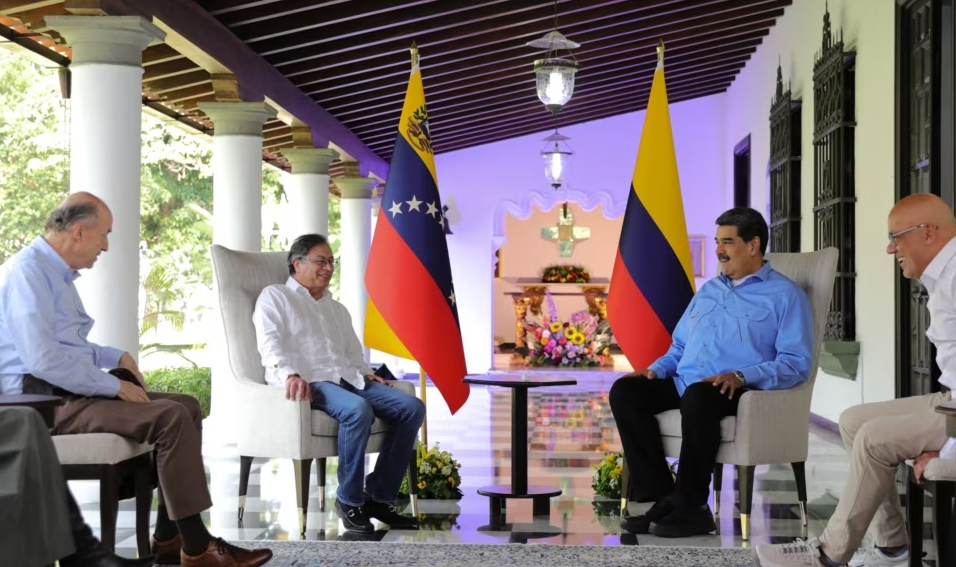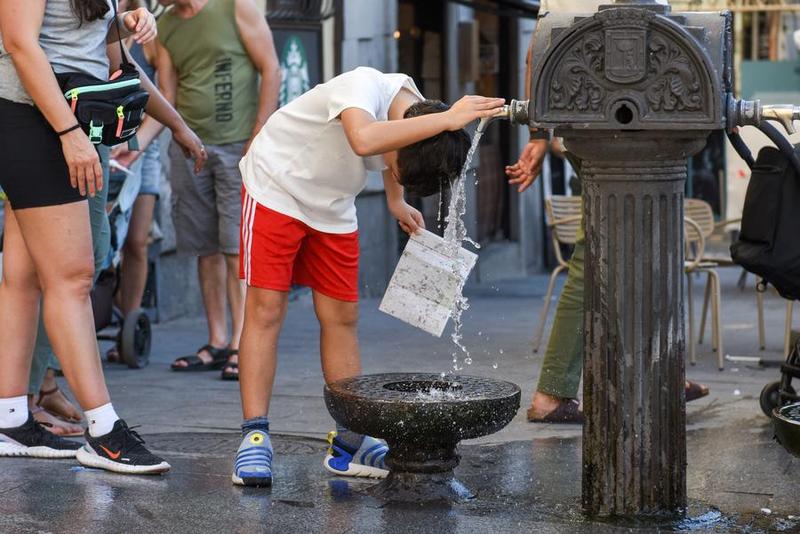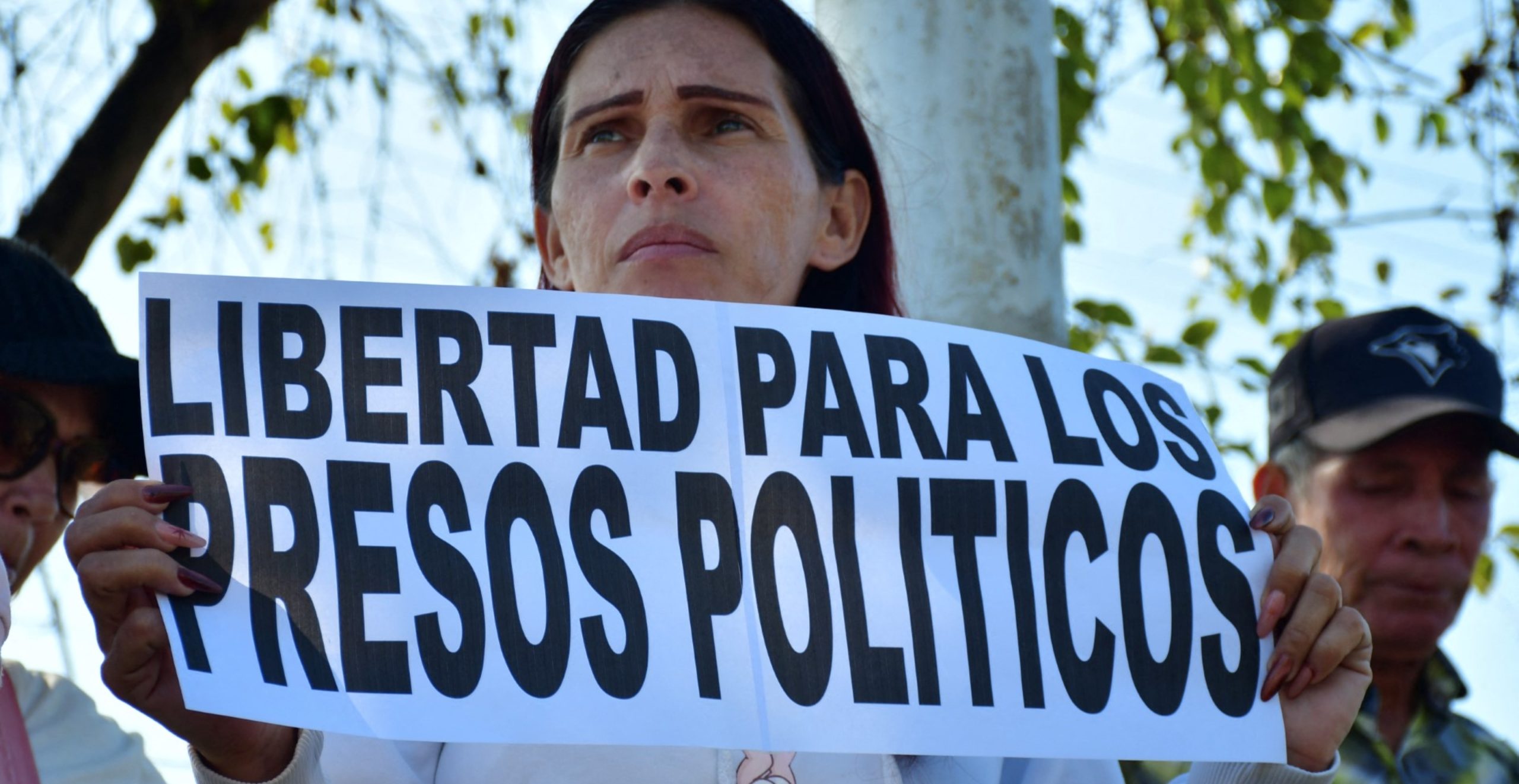International
Maduro and Petro meet for the fourth time in just a few months

March 24 |
The presidents of Venezuela and Colombia, Nicolás Maduro and Gustavo Petro, met on Thursday in Caracas where they addressed issues of economic, commercial, financial, political and cultural cooperation, according to official sources.
“Productive and warm working meeting with the President of the Republic of Colombia, Gustavo Petro. We set out to deepen the alliances between Venezuela and Colombia, and we are achieving it with union and commitment. Always welcome to this sister land!”, Maduro simply wrote on his Twitter account on Thursday night.
Shortly after, through the official account of the Presidency of Colombia, it was reported that the leaders discussed issues related to the “joint fight against drug trafficking, the opening of consulates and the Summit of countries of the region to be held within the framework of the Amazon Cooperation Treaty Organization (ACTO)”.
The meeting, in which several high-ranking officials participated, among them the Colombian Foreign Minister, Alvaro Leyva; the president of the Venezuelan National Assembly, Jorge Rodriguez; the Colombian ambassador in Venezuela, Armando Benedetti, took place at the Aquiles Nazoa Cultural House, former presidential residence, and ended without a public statement.
Petro’s visit was scheduled for Monday, but was cancelled amid a corruption scandal in the state-owned oil industry, Petroleos de Venezuela (PDVSA), for which several high-ranking public officials have been arrested.
Following the reestablishment of diplomatic relations in August last year, after Petro took office, the leaders have already held three bilateral meetings in Caracas and one at the Atanasio Girardot International Bridge, which links the state of Táchira with the Department of Norte de Santander.
On that occasion, in February of this year, they signed a partial scope agreement of a commercial nature and Petro said he hoped that the bridges “will be filled with trade” and “people” on both sides of the border.
Consulted by Voice of America, Juan Francisco Contreras, internationalist and president of the College of Internationalists of Venezuela (CODEIV), exposes that the absence of details of the agenda generates “many speculations” and considers that one of the topics that has caused Petro’s frequent visits to Caracas are the peace negotiations of his government with the National Liberation Army (ELN).
For the internationalist with studies in security and defense, both Venezuela and Colombia are interested in the demobilization of the groups that are “outside the law on both sides of the border”.
However, he considers that there is a “rush” on the part of Petro to achieve results and believes that the priority should focus on establishing “objectives and guidelines” so that the process “does not end badly” as in the case of the Revolutionary Armed Forces of Colombia (FARC).
In his opinion, Colombia is also interested in a democratic solution to the Venezuelan political crisis, which, he believes, would allow the return of many Venezuelans in the neighboring country.
Contreras does not see, so far, that there has been a real “normalization” in trade relations.
“The way in which the economic policy has been designed in our country has affected Venezuelan businessmen, there is practically no credit, the transportation issue is very complicated, there are many situations that make our businessmen to be in difficult conditions to be able to compete with other businessmen. Changes must be made so that our businessmen can be competitive”, he explains.
In 2015, after a diplomatic crisis with the Colombian government, Maduro ordered to close the passage of vehicles on the border with Colombia and in 2018 the Venezuelan government expelled consular officials.
Relations between Maduro and former President Iván Duque, who recognized Juan Guaidó as interim president of Venezuela, were marked by constant mutual accusations, especially since 2019 when humanitarian aid was attempted to enter through the border.
International
Spain’s irregular migrant population rises to 840,000, study finds

The number of migrants living in Spain without legal residency status continues to rise and has reached 840,000 people, with 91% originating from the Americas, particularly Colombia, Peru and Honduras, according to a report by the Spanish think tank Funcas (Foundation of the Savings Banks).
An estimated 17.2% of the non-EU foreign population living in Spain is in an irregular administrative situation. The estimate is based on the gap between the number of foreign residents effectively living in Spain, according to the National Statistics Institute (INE), and those who hold a residence permit, benefit from international protection, or are in the process of obtaining it.
The data, as of January 1, 2025, point to a notable and sustained increase in irregular migration since 2017, when the estimated figure stood at around 107,000 people, representing 4.2% of the non-EU population residing in Spain.
By origin, migrants from the American continent stand out, totaling around 760,000 people, or 91% of all irregular migrants. Colombians account for nearly 290,000, followed by Peruvians with almost 110,000, and Hondurans with about 90,000. Migrants from Africa (50,000), Asia (15,000) and Europe (14,000) trail far behind.
The figures predate Spain’s latest immigration regulation reform, which came into force in May 2025 and introduces measures to ease access to legal status through residency ties. According to Funcas, the reform would, in principle, tend to reduce the number of migrants in an irregular situation.
International
Historic snowstorm paralyzes Toronto after 60 centimeters of snow

Toronto, Canada’s largest city and the fourth most populous in North America, was largely paralyzed on Monday after a historic snowstorm dumped up to 60 centimeters of snow and sent temperatures plunging to -15 degrees Celsius, authorities said.
Late Sunday, as the scale of the snowfall became clear, city officials declared a climate emergency, triggering extraordinary measures including parking bans on several major streets to facilitate snow removal operations.
Toronto’s public transit authority reported that while some buses remain immobilized, subway and streetcar services are operating with relative normality, though localized disruptions may occur.
A similar situation is affecting the city’s commuter rail network, which remains operational but is experiencing significant delays on its main routes due to the severe weather conditions.
International
Venezuela frees at least 80 political prisoners, NGO says

At least 80 political prisoners were released on Sunday across Venezuela, human rights group Foro Penal reported, as the broader process of detainee releases continues at a slow pace under the interim government.
Foro Penal’s director, Alfredo Romero, wrote on social media platform X that verified releases took place nationwide and that the figure could rise as more confirmations are completed.
Attorney Gonzalo Himiob, also from Foro Penal, said the excarcelations occurred during the early hours of the day and emphasized that the number is not yet final pending further verification.
The releases are part of a series of steps announced by Venezuela’s interim leader, Delcy Rodríguez, who took power after the capture of former President Nicolás Maduro in a U.S. military operation on Jan. 3, 2026. Rodríguez has pledged a significant number of liberations but has been criticized by opposition groups and rights organizations for the slow and nontransparent nature of the process.
So far, the Venezuelan government reports that 626 detainees have been freed since December, though independent counts by human rights groups suggest the number of actual political prisoner releases is lower and that many remain behind bars.
Families of those still detained have maintained vigils outside prisons, hopeful for further releases even as broader concerns about political imprisonment and due process persist.
-

 International3 days ago
International3 days agoTrump-Era Defense Plan Prioritizes Border Security and Scales Back Global Commitments
-

 Internacionales4 days ago
Internacionales4 days agoMajor winter storm threatens “catastrophic” ice and snow across much of the U.S.
-

 Central America4 days ago
Central America4 days agoGuatemala’s president rules out negotiations with inmates after prison riots
-

 International4 days ago
International4 days agoGuatemala considers sending high-risk gang members to military prisons
-

 International3 days ago
International3 days agoBogotá and Quito Seek Dialogue After Tariffs and Power Cut Escalate Tensions
-

 International2 days ago
International2 days agoDelcy Rodríguez seeks political agreements after Maduro’s ouster
-

 International4 days ago
International4 days agoRights group says over 5,000 killed in Iran protests, mostly civilians
-

 International2 days ago
International2 days agoFederal immigration agents kill man in Minneapolis, sparking protests and outrage
-

 International20 hours ago
International20 hours agoHistoric snowstorm paralyzes Toronto after 60 centimeters of snow
-

 Central America20 hours ago
Central America20 hours agoGuatemala seizes over a ton of cocaine hidden in flour at Pacific port
-

 International20 hours ago
International20 hours agoSpain’s irregular migrant population rises to 840,000, study finds
-

 International20 hours ago
International20 hours agoRights group says nearly 6,000 killed in Iran protest crackdown
-

 International20 hours ago
International20 hours agoVenezuela frees at least 80 political prisoners, NGO says
-

 International20 hours ago
International20 hours agoEU launches new probe into X over AI-generated fake nude images
-

 International20 hours ago
International20 hours agoFrance debates ban on social media for children under 15
-

 International20 hours ago
International20 hours agoSevere winter storm grips U.S., leaves multiple dead as extreme cold persists


























